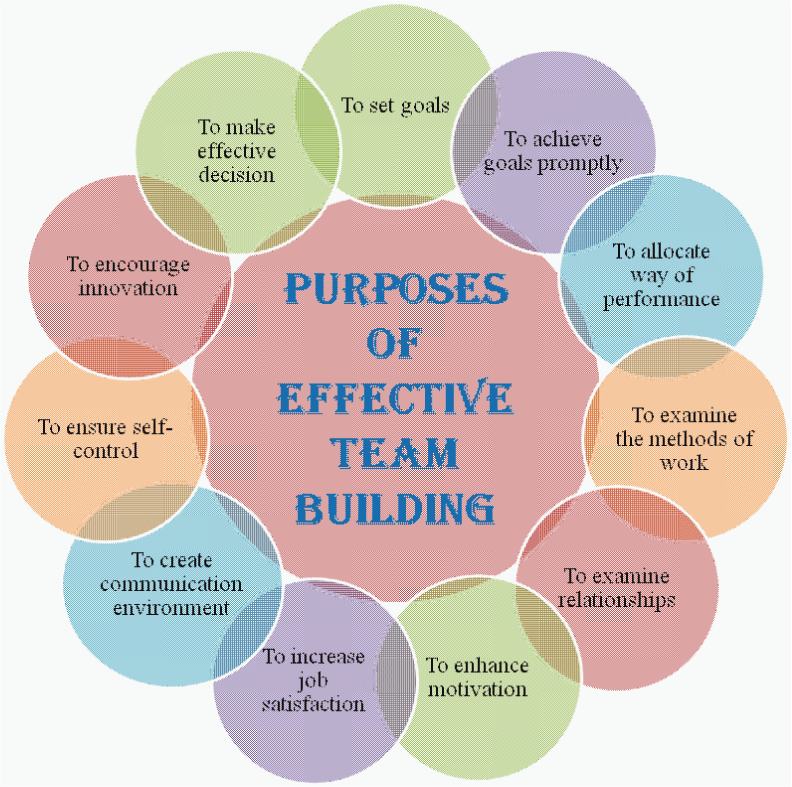Building a strong and cohesive team is essential for the success of any organization. When individuals work together in harmony and collaboration, they can achieve remarkable results that are beyond what any individual could accomplish alone.
Define Clear Goals and Expectations
One of the crucial steps in team building is setting clear goals and expectations. Without a clear direction, team members may lack focus and clarity on what needs to be achieved. Clearly defining the team’s purpose, objectives, and individual roles will help everyone understand their responsibilities and work towards a common goal.
Promote Effective Communication
Communication is the foundation of any successful team. Encourage open and transparent communication among team members. Establish channels for regular updates, feedback, and discussions. This can be done through weekly team meetings, using communication tools like Slack or Microsoft Teams, or even organizing team-building activities.
Furthermore, it is important to create a safe environment where team members can freely express their opinions, ideas, and concerns. Active listening and constructive feedback are crucial skills that should be encouraged to foster a positive and supportive team culture.
Encourage Collaboration
Building a collaborative environment is key to effective team building. Encourage team members to work together, share knowledge, and leverage each other’s strengths. Foster a spirit of cooperation and emphasize the importance of teamwork.
Collaborative activities such as group projects, brainstorming sessions, or team-building exercises can help strengthen the bonds between team members. This can also help identify any communication or compatibility issues early on and find ways to resolve them.
Provide Opportunities for Skill Development
Investing in your team’s professional growth is not only beneficial for the individuals but also for the team as a whole. When team members feel that their skills are being developed and supported, they are more likely to be motivated and engaged.
Arrange training sessions, workshops, or conferences to help team members enhance their skills and stay up-to-date with the latest industry trends. Providing opportunities for learning and development will not only help improve individual performance but also contribute to the overall success of the team.
Recognize and Reward Achievements
Recognizing and rewarding achievements is a crucial part of team building. Acknowledge and celebrate both individual and team accomplishments to boost morale and motivation. This can be done through verbal recognition, team-wide emails, public announcements, or even small incentives like gift cards or company swag.
Publicly appreciating the efforts and achievements of team members not only encourages a positive team culture but also instills a sense of pride and accomplishment, motivating individuals to continue performing at their best.
Encourage a Healthy Work-Life Balance
Achieving a healthy work-life balance is essential for the well-being of your team members. Encourage them to take breaks, utilize vacation time, and prioritize self-care. A burnt-out team member is less likely to perform optimally and may negatively impact team dynamics.
Lead by example and promote a healthy work culture where individuals are encouraged to maintain a balance between work and personal life. Encouraging time off, flexible working hours, and providing resources for stress management can go a long way in ensuring the overall well-being of your team.
Conclusion
Effective team building is a continuous process that requires effort and commitment from both team leaders and members. By defining clear goals, promoting effective communication, fostering collaboration, investing in skill development, recognizing achievements, and encouraging a healthy work-life balance, organizations can build strong and successful teams that drive the overall growth and success of the company.
